DIGITAL WORLD MODEL
Digital networking, free public knowledge and widely available information, large capacities of data and digital technologies contributed to the acceleration of business processes. In a world so networked, we must be able to respond to privacy and cybersecurity concerns.
Digitalized companies and “Smart Industries”
The digital transformation has overtaken all economies and digital networking has become a reality. The challenge for companies is to develop digital ecosystems in order to seize the new opportunities of the digital age, through virtual communities, improved data exploitation and the use of artificial intelligence. The basis of new business models for companies are “smart industry” concepts, which refer to the improvement of regulatory frameworks and support to innovation and research processes through cooperation.
Companies cannot become “smart” without intensive cooperation between the government, the industry and the academia. It is this type of cooperation and openness, achieved through vertical sector strategies, innovation and technological strategies and smart specialization strategies, that makes an industry “smart”.
Digitalized public administration and "Smart Cities"
The digital transformation of public administration is focused on continuously improving the quantity and quality of (digital) services for citizens and businesses. Since the private sector’s use of new technologies and tools is very advanced, public administration bodies are invited to accelerate their own digitalization and thereby provide a higher service level quality. The Tallinn Declaration on e-Government for EU member states has set the framework for digitalization.
Supporting the development of “Smart Cities” is critically important as people are increasingly moving from rural areas to the cities. Two-way cooperation with citizens and business entities in cities is the key success factor in creating “Smart Cities“of a higher level.
Artificial Intelligence and Data-as-a-Fuel
Today, we all use social networks. We carry out business transactions on digital platforms. On IoT devices and social networks, we generate huge amounts of data, most of which is publicly available. In such circumstances, individuals do not have the time or capacity to process the available data by themselves, which is why they require artificial intelligence.
The power of artificial intelligence should be harnessed to serve its intended purpose, in order to prevent its misuse and avoid adverse consequences.
Just as electrification helped connect the world, artificial intelligence will support globalization, growth and the development of companies, as well as empower every individual.
Regulatory frameworks, Interoperability and Digital skills
The legal acceptability of digital interactions and digital documents has become a key challenge for digital business and activities within virtual communities. This requires constant adaptation of regulatory frameworks, e.g. with respect to the issues of electronic money and online contracting. In order to operate successfully in the world of intangible assets, it has become important to develop digital strategic capacities of companies and other entities, based on the digital skills of their employees, as well as citizens in general.
At the EU level, the Connecting Europe Facility program serves as the framework for the adoption of key standards and ready-made solutions, such as: electronic identity (e-ID), electronic signature (e-Signature), digital deliveries and documents (e-Delivery), electronic invoices (e-Invoice), automatic translation (e-Translation), digital archives (e-Archive) and automatic message and document exchange (Contex Brocker).
Along with innovation culture, employees’ digital skills are an essential infrastructural prerequisite for digital transformation.
Sustainable development and Regional development
New technologies should contribute to a sustainable, climate-neutral and resource-efficient economy. Optimal use of natural and technological resources and energy on the planet should facilitate the lives of people and social communities, while protecting nature. The production and use of products and services should enable the reuse of their by-products and the constant decrease of waste and environment pollution.
Circular economy transforms every industry, introduces new business models and a new business culture, as well as influences the acceptance of “waste” as a resource to be reused. Given that circular economy will become the backbone of the EU’s industrial strategy in the future, the public sector should increasingly focus on sustainability in its public procurement procedures.
If you are interested in more information on any of the above specified pillars, feel free to contact us.

